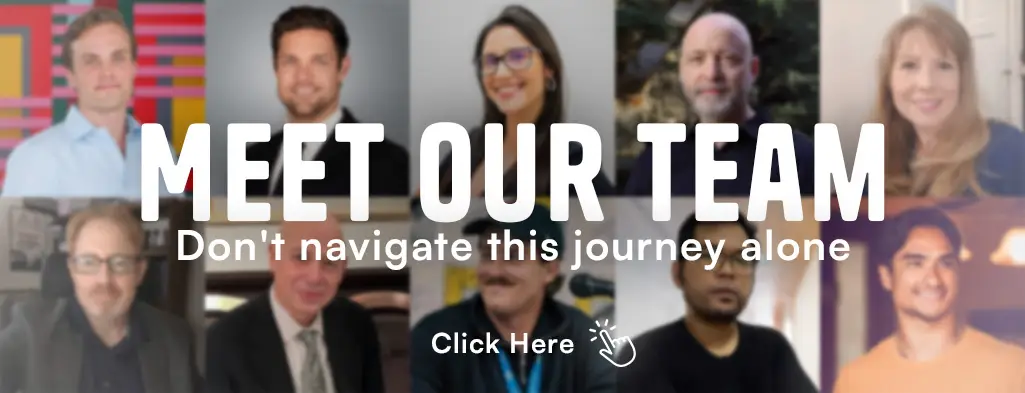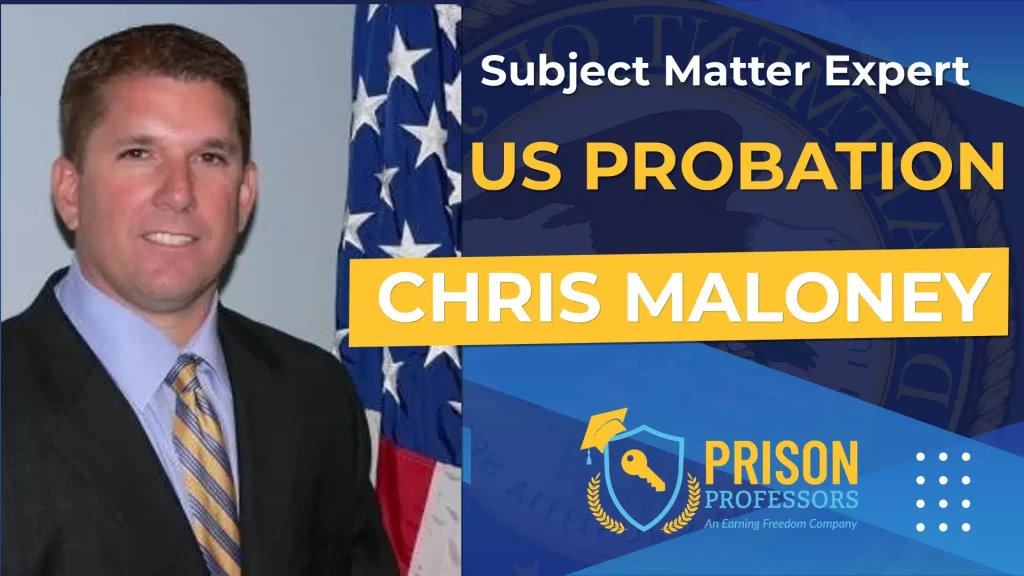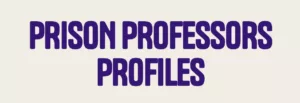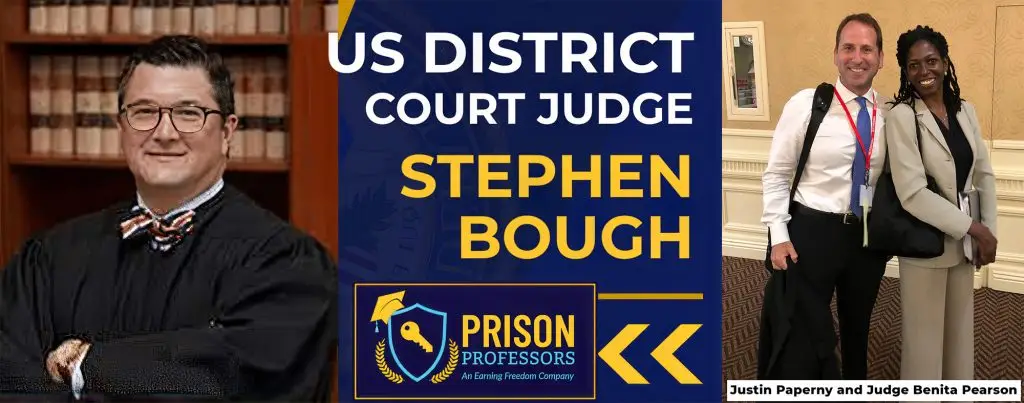Your Guide to Pre-Sentencing Letter for Judge
A pre-sentencing letter for a judge is a written statement submitted before sentencing that helps humanize the defendant, demonstrate accountability, and highlight mitigating factors that can influence the final sentence. When written correctly, it complements legal arguments by showing character, remorse, and concrete steps toward rehabilitation—without re-arguing the facts of the case.
When Dr. Stanley Kaplan contacted our team, he was in a full-blown crisis. Facing the possibility of imprisonment for insider trading, he was overwhelmed with fear and uncertainty. As a physician, this was a reality he never envisioned. I understood his predicament all too well. I was equally overwhelmed and off my game when I learned I was under investigation.
As professionals—whether doctors, stockbrokers, entrepreneurs, or politicians—you never expect to find yourself in this position. Yet, like Dr. Kaplan and myself, here you are, facing potential imprisonment, career devastation, and the profound impact on your family and reputation.
With our guidance, Dr. Kaplan prepared and changed his outcome. He wrote a comprehensive life story, spoke with me at the Marshall School of Business at USC, obtained letters about his character, engaged in meaningful volunteer work, and successfully reduced his sentence from the prosecutor’s recommended 24 months to just six months.
Are you ready to work as diligently as Dr. Kaplan to change the government's version of events?
Schedule Call Now
Weekly Webinar
At White Collar Advice, we understand your predicament because we’ve been through it ourselves. Our team, including Michael Santos, Brad Rouse, Alec Burlakoff, Scotty Carper, and others, has faced similar crises and emerged stronger by embracing proven mitigation strategies.
The Hardest Part: Pre-Sentencing
Tom Petty sang, “Waiting is the hardest part.” He was not lying—the waiting, the wondering, the anxiety—it’s brutal. The pre-sentencing phase is the toughest part of the journey.
Federal Judge Richard Boulware emphasizes that effective mitigation includes sharing all collateral consequences that follow an investigation and conviction.
Judge Carter highlighted at a sentencing hearing, “I know you’ve lived in the dungeon for many years waiting to get sentenced. You’ve been productive during this period. I want you to know that will heavily factor into my decision.”
Does your judge understand your efforts to make amends? Does he know the challenges you will continue to face regardless of the length of your prison sentence?

Invest the time to show your growth and realistic plans for the future.
The pre-sentence phase comes with many challenges:
- Fear of Prison: Accepting the thought of losing your freedom is hard. You also likely disagree with the government’s version of events.
- Career Impact: You worry about losing your professional license and the ability to support your family.
- Reputational Damage: The public nature of your case and the resulting press releases can be humiliating and far-reaching.
- Financial Strain: Concerns about restitution and the financial burden of paying back victims add to stress.
- Family and Livelihood: The impact on your family and your future ability to earn an income weighs heavily on your mind
To overcome these challenges, avoid common mistakes:
- Thinking There is Time to Prepare: FBI Agent Paul Bertrand told me, “When we show up at a defendant’s home for a raid or send a target letter, we are in the bottom of the eighth inning. The work is done. What matters is what the defendant does next to mitigate.” Despite this urgency, many defendants embrace the status quo or convince themselves they have time-most never get around to truly preparing.
- Hiring the Wrong Lawyer: Without due diligence, defendants often hire lawyers who do not embrace sentencing mitigation.
- Lack of Preparation: Failure to understand stakeholders’ perspectives and prepare for key meetings, such as proffer sessions or probation interviews. These failures lead to missed opportunities, like cooperating with the government or keeping an investigation civil rather than criminal. Too often, defendants make these mistakes too late and wish for do-overs that do not exist.
- Not Engaging with Your Lawyer: Most defendants, like 99%, have no idea how to work with or engage their lawyer.
Let's Get Philosophical!
Jacob Riis said, “Look at a stone cutter hammering away at his rock, perhaps a hundred times without as much as a crack showing in it. Yet at the hundred-and-first blow, it will split in two, and I know it was not the last blow that did it, but all that had gone before.”
To avoid these mistakes, start hammering immediately.
Here’s how:
- Understand the Government’s Perspective: Take the time to understand how the government views your case.
- Prepare Your Life Story: Work to create a compelling narrative–to learn more, watch this video I filmed with Dr. Phil.
- Engage with Stakeholders: Actively engage with all stakeholders involved in your case.
- Consistent Effort: Just as the stone cutter’s persistence eventually splits the rock, your continuous, deliberate actions will pave the way for a better outcome. To see this in action, check out this timeline with Joseph DeGregerio, a former client and lead consultant on our team.

Reverse Engineering for Success
As I expressed on our WCA About Us page, Michael Santos introduced me to reverse engineering. It’s a game-changer!
Successful defendants envision the desired outcome and work backward to determine the necessary steps. They understand that decisions made today can influence their level of liberty on probation, job opportunities, halfway house placements, and early termination of supervision.
Michael interviewed Chris Maloney, the former Chief of Federal Probation. Chris explained that when you begin supervised release, one of the first tasks your probation officer will undertake is to review your probation report, which details your crimes.
Given the significant gap—sometimes years—between the preparation of this report and the start of your supervised release, it raises an important question:
Would building a positive record now, which could shorten your sentence and counteract any negative impression from your probation report, be helpful?
Mario Hernandez’s story proves the impact of proactive mitigation. An actor and entrepreneur, Mario was facing a five-year sentence. By actively engaging in mitigation efforts, including substance abuse treatment and volunteer work, he reduced his sentence to 24 months, and he served only ten months at Sheridan Federal Prison Camp.
In what ways will stakeholders see you as different from the expectations of people who have gone into the system?
The History of White Collar Advice
- White Collar Advice: A boutique crisis management firm guiding individuals through government investigations. Our personalized approach ensures clients understand every step of the process, actively engage in mitigation strategies, and work towards achieving the best possible outcomes.
- Prison Professors Charitable Corporation: Engaging with our nonprofit can help you demonstrate genuine efforts to give back and create a positive impact.
- Prison Professors Talent: This platform lets you document your journey, showing progress and growth over time.
- Reputation Management: We embrace authentic reputation management. We do not suppress or remove government releases; we build new records on top of them. Our reputation management services allow you to use this experience as an asset rather than a weakness.
- TopWCA.com: A vetted network of lawyers who understand and embrace mitigation strategies.
Insights from Judges
We have interviewed numerous judges who have shared valuable insights that shape our approach to mitigation:
- Judge Benita Pearson: told me, “Defendants must treat sentencing like a full-time job. It is their responsibility to share every fracture that led to that courtroom and their plans to make their victims whole and never return.”
- Lawyers’ Words Are Impactful, But Not As Impactful AsYours: In a YouTube interview with Michael Santos, Judge Bough said he discounts what lawyers say because they are paid to say it. He says he needs to hear from the defendant: “If you break my window, do not say sorry. Tell me your plans to fix the window.”
Prepare
Hardly a day passes without a defendant thinking, “It’s early; I have time, right?” It wasn’t too late for the government to indict you, for banks to fire you, for the government to prepare for trial and issue press releases, or for you to hire a lawyer.
As you read, some government bureaucrats are working on your case with unlimited resources—our tax dollars.
Here's What To Do Next:
- Schedule a Call: Schedule a call with our team to discuss your case and next steps.
- Invest Time Reading or Listening to Our New York Times Article: In this article, journalist Jack Hitt followed our team for more than 18 months. You’ll learn more about the ecosystem of our company, Michael’s inspiring journey, and how and why Hugo Mejia and Stanley “Stat Quo” Benton earned the best possible sentencing outcomes.
- Join Our Webinar: Participate in our weekly webinar every Monday at 1 p.m. Pacific, 4 p.m. Eastern. Come with questions—no pitches, just honest advice.
- Download Our Free Course: Learn about government investigations, stakeholder cynicism, and how to begin mitigating and preparing effectively.
Schedule Call Now
Weekly Webinar
Engage with our resources, connect with our team, and build the skills to get a better outcome.
Thank you,
Justin Paperny
Testimonials
Pre-Sentencing FAQs
A pre-sentencing letter is your chance to speak directly to the judge and show who you are beyond the conviction. Judges want more than apologies. They want to see responsibility, insight, and documented steps you’re taking to change. A strong letter becomes part of the record that can influence how a judge views your character and your future.
Judges study patterns: your past, your conduct on pretrial, your PSR, restitution efforts, community support, and documented change. They look for honesty, acceptance of responsibility, and a plan that shows you’re committed to rebuilding. Judges don’t want promises, they want proof.
The PSR is the judge’s roadmap. It includes your background, offense details, criminal history, guideline calculation, financial picture, and personal narrative. It’s often the most influential document in the entire process. Mistakes or omissions can cost you time, and well-prepared information can help a judge understand your life and potential.
The probation officer asks about your upbringing, education, career, finances, medical history, substance use, and what led to the offense. Their impression of you feeds directly into the PSR. Showing humility, honesty, and preparation can make a significant impact on the final report.
Most PSIs take 4–8 weeks, depending on probation’s workload and the complexity of your case. During that time, probation verifies your information, contacts references, reviews documents, and drafts the PSR. What you do during this window – and what you choose to document – matters.
Yes, and most judges appreciate it when it’s done correctly. A defendant’s own letter should show responsibility, remorse, and a clear plan for moving forward. It’s about demonstrating maturity and change. Done well, it becomes one of the most meaningful parts of your sentencing package.
Avoid blaming others, minimizing your role, attacking the government, rearguing facts, or asking for specific outcomes. Don’t talk about “how unfair” things feel. Judges see through that quickly. Focus on accountability, insight, and steps you’re taking to rebuild.
A federal probation officer prepares the PSR. It includes your offense conduct, personal history, employment, health, finances, victim impact, criminal history, guideline scoring, and sentencing recommendations. It becomes the foundation of how the court evaluates your case.
No. Judges rely heavily on the PSR, but they are not required to follow its recommendations. They can vary up or down. What influences a judge most is a combination of the PSR, your actions, your narrative, your letters, and how consistent and credible your story is.
Preparation means documenting your life, addressing the harm caused, taking measurable steps to improve, and presenting a clear plan for the future. Build a record, not just words. That shows who you are and who you’re becoming. Judges reward defendants who do the work, not those who hope for leniency.






